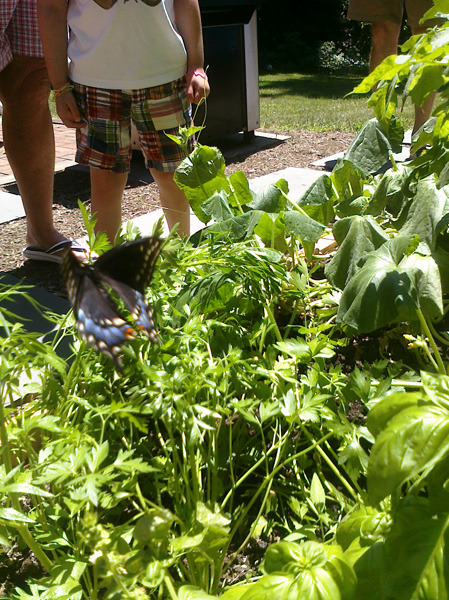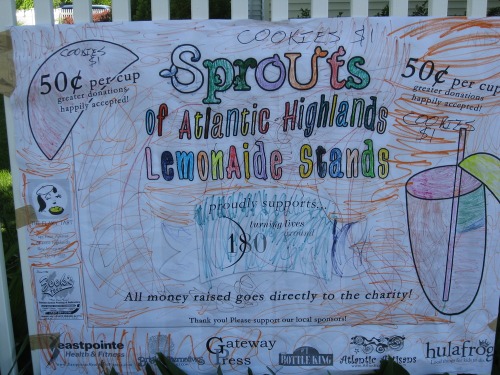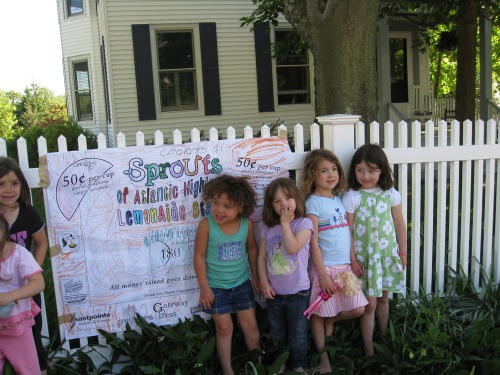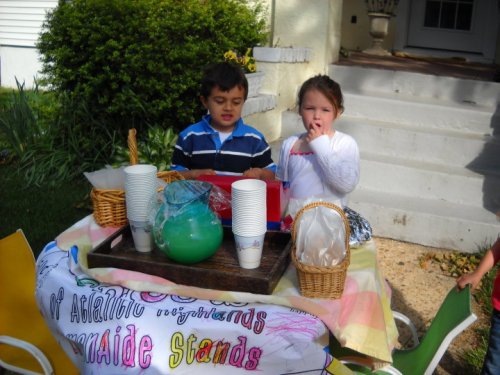Your mind may be on back-to-school, but there’s one more thing to add to your to-do list. Cole crops are almost ready to be planted! What veggies are considered cole crops? Well, they’re some of our favorites – and hopefully yours too! Here’s a short list of things to consider planting:
Broccoli
Cauliflower (and don’t only think white! They come in some very cool colors – like orange & purple)
Brussel Sprouts
Spinach
Kale
Cabbage
Collards
(see the article below for more ideas)
And here’s more information regarding cole crops:
The terms “cold” and “cole” sound the same but have different meanings. “Cold” of course refers to temperature. “Cole” refers to any of various plants belonging to the Cruciferae or mustard family. Even though you might not be familiar with the impressive scientific name or enjoy eating mustard you are certainly familiar with other members of this family which furnish gardeners with many gourmet delights during the winter months.
The mustard family includes cool season crops such as Brussels sprout, cabbage, cauliflower, collards, kale, kohlrabi, mustard, broccoli, turnips and watercress. All of these familiar garden crops can trace their history to a common ancestry of wild cabbage originating in the Mediterranean and Asia Minor area. The close kinship of these crops enable diversified usage of plant parts. For instance, Brussels sprout plants are grown by most gardeners for a miniature heads (sprouts) which develop in the axils of the leaves. However, the leaves of Brussels sprouts are considered by some to be milder and sweeter than those of the collard which is especially grown for leaf production. Most gardeners are familiar with the fact turnips can be grown for the greens (leaves) or for the turnip roots. In other words, when growing a member of the Cruciferae family the saying “what you see is what you get (to eat)” truly applies!
This group of cole crops enjoy cool seasons and are somewhat cold tolerant. Cabbage for instance can withstand frost down to 20 degrees or even 15 degrees F. Cauliflower and chard are more sensitive to cold than broccoli, collards, kale, kohlrabi, or mustard. The conditioning of the plants as influenced by weather conditions prior to exposure to cold temperatures determine plant survival. Maturity of the plant also has much to do with the amount of cold which cole crops can survive. When broccoli plants have produced buds, even a light frost may cause considerable damage since clusters freeze, turn brown and ultimately rot.
The cole crops grow best at a monthly mean temperature of 60 to 70 degrees F. This occurs when temperatures are 80 degrees F or less during the day and 60 degrees F or less during the night. In order to produce the best quality of the slower maturing cole crops, Brussels sprouts, cabbage, cauliflower and broccoli should be planted in gardens in mid to late August. These crops can be directly seeded or transplanted into the garden area. Faster maturing cole crops such as collards, kale, kohlrabi, mustard, and turnips can be directly seeded into the garden as late as September (for warmer regions – check with your local nursery on when to plant). When you plant depends on where you live.
When you plant cole crops in the garden you are investing in a healthful life. Gardeners are in the business of producing health foods even though they may not know it. Vegetables contain essential elements for health and the enjoyment of eating fresh garden vegetables makes health fun. Exactly how necessary are vegetables to the healthy body? Some animals can synthesize vitamin C, but man, apes, birds, and a few other animal species lack this ability. Vitamin C cannot be stored in the body, making a daily supply essential to good health.
Cabbage is high in vitamin C, and Germans are known as “krauts” because they have traditionally consumed large quantities of this vegetable. Broccoli, collards, and other vegetables of the cabbage family are rich in vitamin C, as are leafy vegetables such as kale and turnip greens supply carotene, which the human digestive system converts to Vitamin A.
Proteins are nitrogenous compounds which are composed of amino acids. All vegetables provide some protein. The percentage protein in vegetable legumes is as high or higher than that of meat. Even non-legume vegetables such as sweet corn, Brussels sprouts, collards, and kale contain more protein than does milk.





























